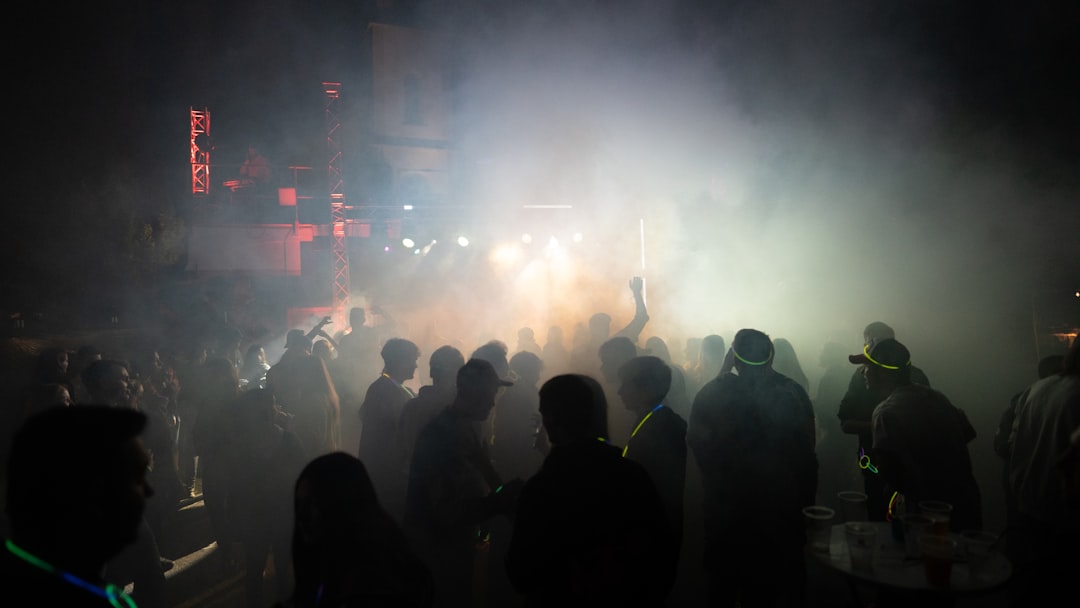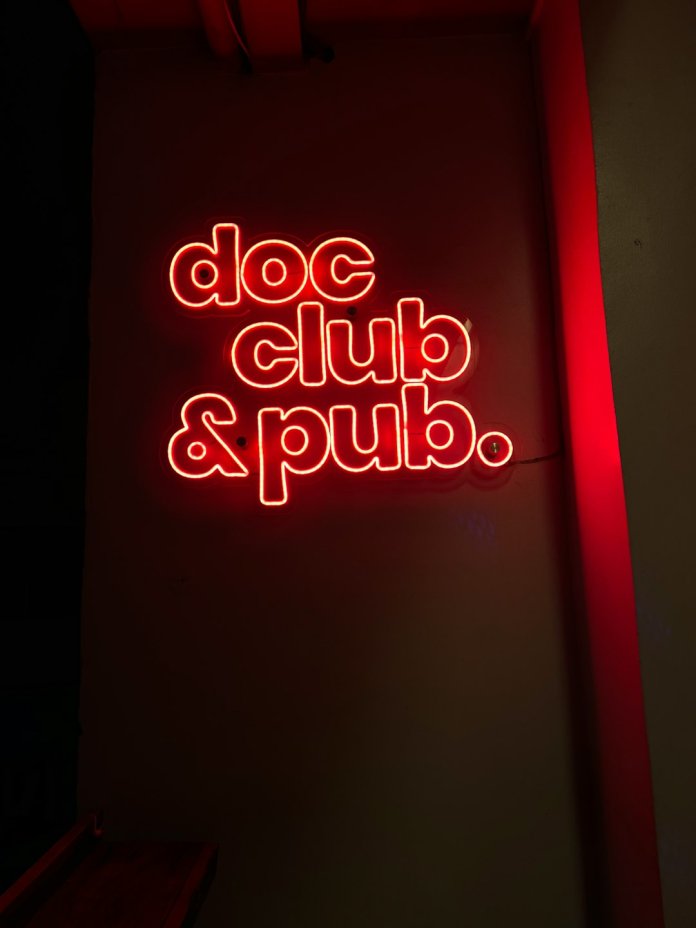In the world of online dating and hookup apps, acronyms and abbreviations often pop up to convey specific interests, preferences, or lifestyle choices. One such term that frequently appears on Grindr—a popular dating app for gay, bi, trans, and queer people—is “PnP.” If you’ve come across this term and wondered what it means, you’re definitely not alone. Understanding this acronym is not only important for communication but also for your safety and awareness while using such platforms.
TL;DR
PnP stands for “Party and Play” and typically refers to the combined use of recreational drugs and sexual activity, most often within the LGBTQ+ community. While some may see it as a lifestyle or scene, it also raises important concerns about health, safety, and informed consent. Understanding what PnP entails can help you make educated choices while navigating Grindr and other dating apps. If you see this term in someone’s profile, know that it’s referencing a specific kind of encounter that involves both drugs and sex.
What Exactly Does “PnP” Mean?
PnP, short for Party and Play, describes a subculture within the dating and hookup scene—mainly on apps like Grindr—where participants combine the use of recreational drugs with sexual activity. Often, these sessions involve multiple sexual partners, extended periods of time, and drugs that may enhance libido or sexual endurance.
While the term itself sounds lighthearted, it’s often associated with serious issues such as drug dependency, unsafe sex, and mental health struggles. The ‘party’ usually involves drugs like methamphetamine or GHB, while the ‘play’ refers to sexual acts. Participants in PnP encounters often look for others who are into the same lifestyle, and they typically signal this interest by including “PnP” or similar terms in their profile bios.
Common Drugs Used in PnP Sessions
Different types of substances are used in PnP settings. Here are a few commonly associated with the practice:
- Methamphetamine (Crystal Meth): Often used for its increased energy and prolonged euphoric effects.
- GHB (Gamma-Hydroxybutyrate): A central nervous system depressant often referred to as a “club drug.”
- Ketamine: Known for its dissociative effects.
- Cocaine: Sometimes used to stay awake and stimulated.
These substances are taken to lower inhibitions, elevate sexual arousal, and prolong sexual activity. However, the usage often crosses into dangerous territory, making education and awareness crucial.

Acronyms and Variations Associated with PnP
The term “PnP” has many variations, and people often use other acronyms to indicate their preferences. Understanding these can give you more context:
- HnH: High and Horny – another way of describing the PnP experience.
- Chems: Slang for chemicals or drugs used during sex.
- 420 Friendly: While often just related to marijuana, in some contexts it can indicate openness to PnP.
- Slam: Refers to injecting drugs, which carries additional health risks.
If you’re browsing profiles on Grindr and see these abbreviations, now you know they’re commonly linked to PnP activity.
Why Do People Engage in PnP?
PnP culture stems from a mix of escapism, pleasure enhancement, and psychological factors. For some, drugs offer a temporary escape from stress or trauma. For others, they amplify sensations, social connections, and sexual confidence. The LGBTQ+ community, which often faces unique social and psychological stressors, may be more susceptible to these coping mechanisms.
Reasons might include:
- Desire for uninhibited sexual expression
- Peer pressure within certain social circles
- Mental health challenges, such as anxiety or depression
- Difficulty forming emotional connections without substance use
Understanding these motivations doesn’t excuse harmful behavior, but it helps illuminate the complexity behind PnP culture.

Is PnP Dangerous?
Yes, participating in PnP carries a number of risks, both physically and emotionally. These include:
- Overdose and toxicity: Mixing drugs, especially in high doses, can be fatal.
- Unsafe sex: Many PnP encounters occur without protection, which increases the spread of sexually transmitted infections (STIs).
- Dependency: Repeated drug use, particularly meth, can lead to addiction.
- Mental health issues: While some use PnP to escape mental health struggles, it often worsens them over time.
Healthcare providers are increasingly concerned about the rise of PnP culture and its impact on community health. Harm reduction strategies, such as providing clean needles or educating users about safer sex, are often advocated to mitigate these risks.
How Is PnP Viewed by the Grindr Community?
The Grindr community is diverse, and so are the opinions on PnP participation. Some users are very open about their interests and seek out others with similar preferences. Others are cautious and may choose to block or report profiles that mention drug use. It’s a controversial topic and one that sometimes polarizes users.
Grindr itself has periodically taken steps to discourage drug-related behavior on its app, including offering resources for addiction support and including warnings about unsafe practices. However, enforcement remains a challenge as users can be discreet or use coded language to skirt detection.
Safety and Consent
If you’re considering any form of PnP or encounter someone who’s into it, understanding consent is vital. Drug use can impair judgment, meaning that consent given under the influence isn’t always informed or valid. Always be sure that all participants are on the same page and fully aware of the risks involved.
Additionally, taking preventive health measures—like carrying condoms, getting tested regularly, and knowing your limits with substances—can make a significant difference in your safety.
What to Do If You’re Not Comfortable
If you come across someone on Grindr advertising PnP and it’s not something you’re interested in, the best course of action is to simply move on or politely decline. There is no need for confrontation or judgment; different people use apps like Grindr for different experiences.
Here’s what you can do:
- Use filters and preferences: Many apps, including Grindr, allow you to filter matches based on your interests.
- Block or report: If someone is pressuring you or making you uncomfortable, use the block or report features.
- Educate yourself: Knowing the terminology and implications can help you make clearer decisions when interacting with different kinds of users.
Conclusion
“PnP” is more than just a mysterious acronym you might see in someone’s profile—it’s a lifestyle and subculture that involves significant health and social implications. Whether you simply want to understand what it means or are considering becoming involved, being informed is your first line of defense.
While some use PnP as a method of enhancing pleasure, it’s important to recognize the risks and responsibilities that come with it. Consent, safety, and open-minded yet cautious communication are key when navigating such spaces online or in person. Grindr, like all social tools, should be used responsibly—with every user making informed choices that align with their values and personal boundaries.
